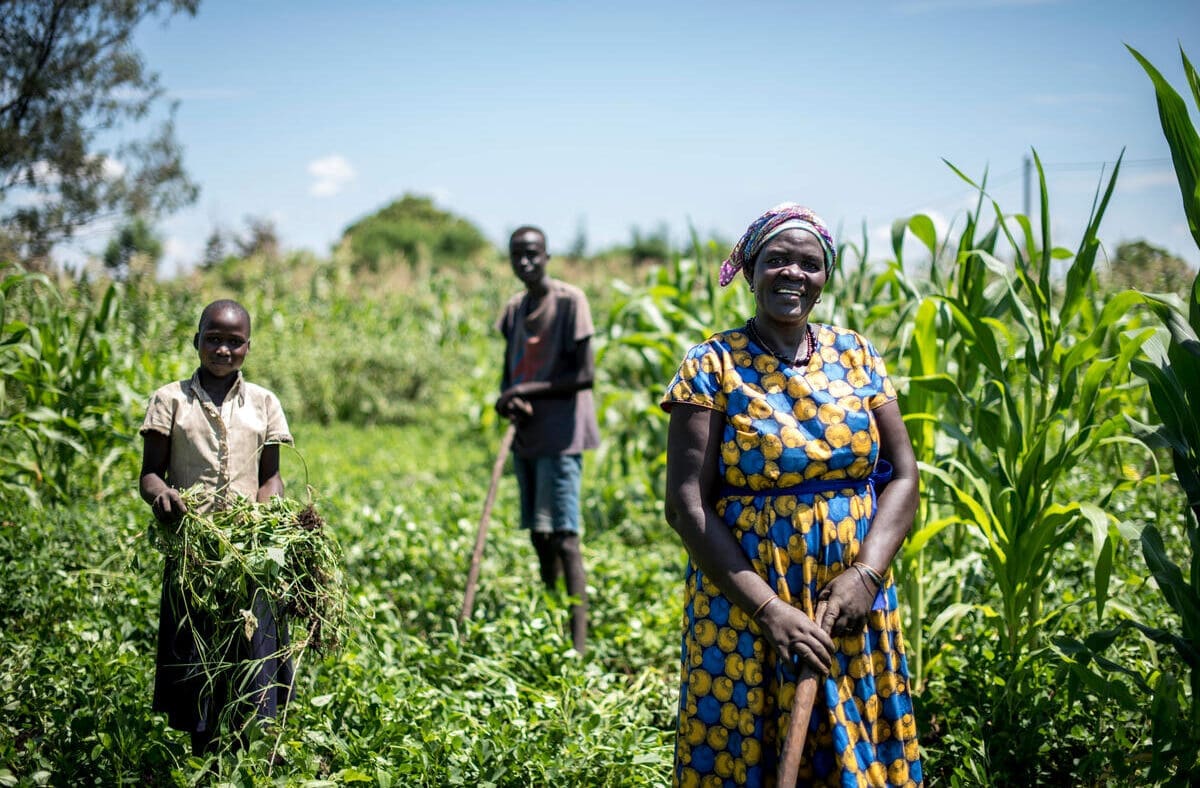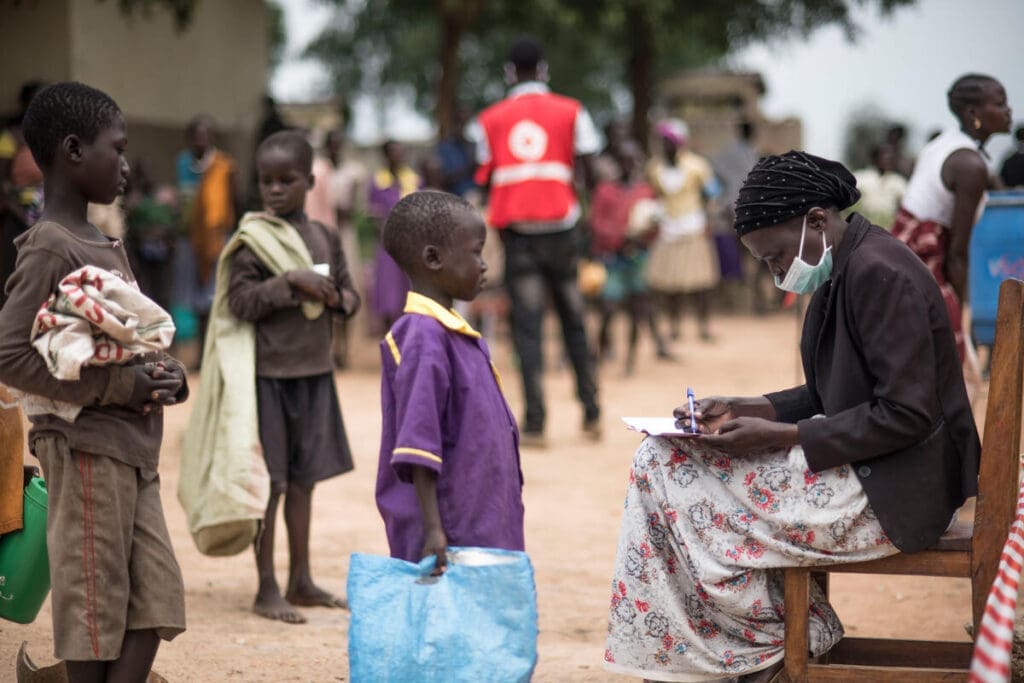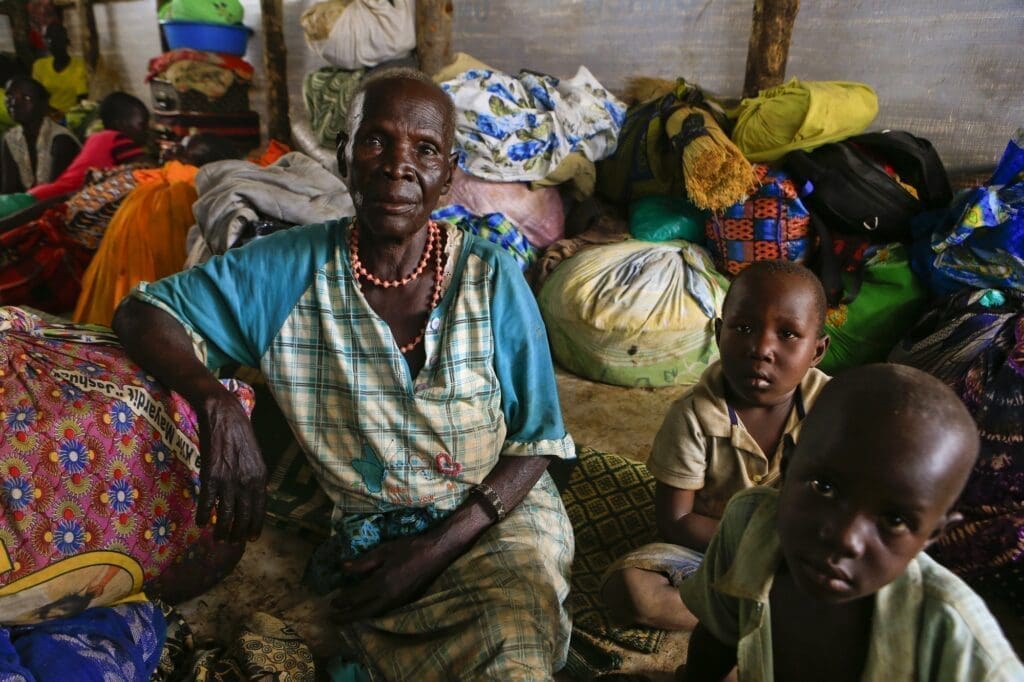
Uganda
Stable But Poor
With improved security, Uganda is a relatively stable country in East Africa that takes in over a million refugees from its neighbors. However, poverty and food insecurity are still widespread.

Secure from conflict, Insecure from hunger
Uganda’s population has increased by nearly 15 million between 2002 and 2018. The country currently hosts the largest refugee caseload on the continent with more than 1.27 million refugees living in and around 10 rural settlements and urban areas. The country has received more than 1 million refugees from from South Sudan and the Democratic Republic of Congo since July 2016.
Although per capita income growth stands at about 2 percent, poverty is still widespread with more than 19 percent of the population living below the national poverty line.
The Karamoja subregion is Uganda’s poorest, with chronic food insecurity, poor access to basic social services such as education and health, environmental degradation, erratic rainfall and recurrent droughts. Despite improved security in the region, a combination of these factors has undermined the capacity of households to meet their basic nutritional needs and has led to high rates of stunting among children under five at 35 percent.

WFP’s Work in Uganda

To prevent further stunting and micronutrient deficiencies among children, WFP is providing targeted food assistance to 26,000 mothers and children in the first 1,000 days of life, as well as treatment for moderate acute malnutrition among children under age five.


WFP provides school meals to increase enrollment and attendance. Some schools also implement a homegrown approach, utilizing fresh and local ingredients sourced from local parents and farmers.


WFP supports 125,000 small-scale farmers to reduce post-harvest loss and improve household income, leveraging infrastructure and skills previously developed to enhance productivity, food quality and market access.


WFP works to ensure refugees and vulnerable groups here have access to food to meet their immediate needs and enable participation in self-reliance building programs.

Help Save Lives Today
Give to send food to vulnerable people in Uganda and other countries around the world.
News & Updates from Uganda
Read the latest articles on hunger issues and WFP’s work in Uganda.


